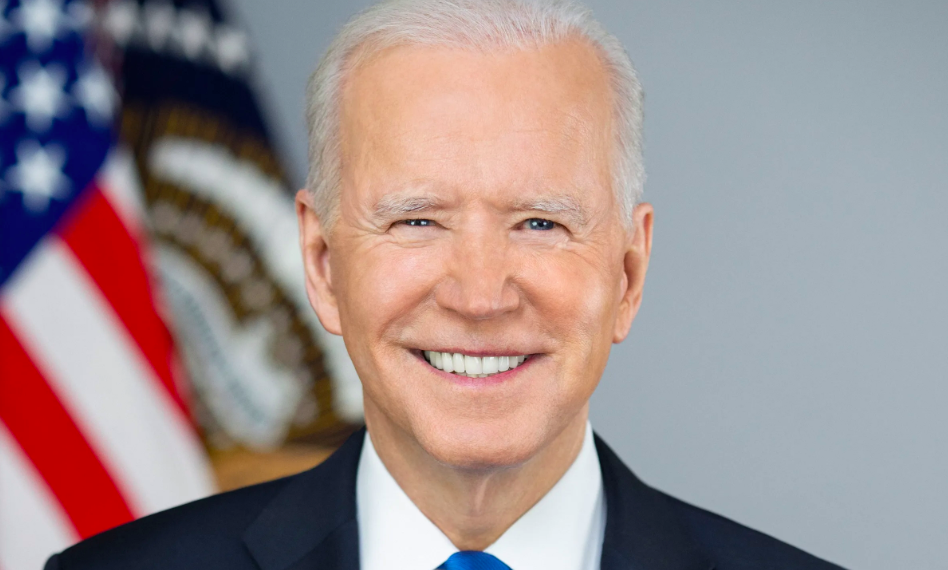Biden move will inflame tensions with Bejing but will have little effect as China has failed to enjoy the success it has seen in Europe and much of Asia
US president, Joe Biden, has announced a 100% tariff on Chinese-made electric vehicles as part of a package of measures designed to protect US manufacturers from cheap imports.
Sources said the move followed a four-year review and was a preventive measure designed to stop cheap subsidised Chinese goods flooding the US market and stifling the growth of the American green technology sector.
As well as a tariff increase from 25% to 100% on EVs, levies will rise from 7.5% to 25% on lithium batteries, from zero to 25% on critical minerals, from 25% to 50% on solar cells, and from 25% to 50% on semiconductors.
Despite the risks of retaliation from Beijing, Biden said the increased levies were a proportionate response to China’s overcapacity in the EV sector. Sources said China was producing 30m EVs a year but could sell only 22-23m domestically.
Biden’s car tariffs are largely symbolic because Chinese EVs were virtually locked out of the US by tariffs imposed by Donald Trump during his presidency. However, lobby groups have suggested there is a future threat as Beijing seeks to use exports to compensate for the weakness of its domestic economy.
The Alliance for American Manufacturing has said the introduction of Chinese cars to the US market would be an “extinction-level event” for its carmakers.
China has already criticised the plans, which were signalled in advance.
Analysts said the tariffs were largely symbolic and intended to shore up votes in a tough election year.
Across Europe the import tariff on Chinese sedans and SUVs is currently just. Last year Chinese brands sold just over 350,000 sedans and SUVs in Europe, mainly electric ones. MG led the way with 239,000 mainly EVs, about double 2022’s total.
Many European-based manufacturers, including Peugeot and Stellantis, are negotiating to sell, or already selling, Chinese manufactured vehicles.





